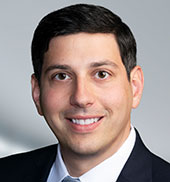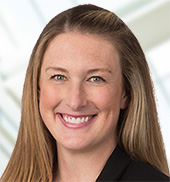On April 11, 2023, the U.S. Department of Education (the “Department”) announced that it would further delay implementation of its controversial “third-party servicer” (“TPS”) guidance, which was released this February. It also provided significant policy clarifications to the regulated community concerning study abroad programs, clinical relationships, and other impacted arrangements.
The February guidance, which arrived in the form of a Dear Colleague Letter (GEN-23-03) (published February 15, 2023; last revised February 28, 2023), proposed controversial changes to TPS oversight and invited comments on the same. In its April 11 announcement, the Department acknowledged that it received 1,100 comments in response to the solicitation. Due to the volume of comments and the time necessary for consideration, the Department decided to delay the effective date of the guidance, originally effective September 1, 2023, for at least six months after publication of its final guidance letter. Until the effective date, previous TPS guidance (Dear Colleague Letters and Q&As published in 2012, 2015, 2016, and 2017) remain in effect.
Though the Department acknowledged that “careful review” of the comments “will take time,” the Department’s announcement responded with clarification on several topics the Department determined the regulated community “should be aware of right away.” As a general matter, the Department said that it was considering “narrowing the scope of the guidance in several areas, including software and computer services, student retention, and instructional content.”
Additionally, in reaction to hundreds of comments on the topic, the Department provided a list of several specific activities that are not considered TPS relationships. Importantly, the Department clarified study abroad programs are not activities covered by the guidance.
The Department also excluded from coverage each of the following:
- Clinical or externship opportunities that meet requirements under existing regulations;
- Course-sharing consortia and arrangements between Title IV-eligible institutions to share employees to teach courses or process financial aid;
- Dual or concurrent enrollment programs provided through agreements with high schools and local education agencies; and
- Local police departments helping to compile and analyze crime statistics, unless they write or file a report on behalf of an institution for compliance purposes.
Finally, the Department stated that it intends to remove the provision of the guidance pertaining to foreign ownership of a TPS, opting instead to address the issue through a future negotiated rulemaking. According to the announcement, this change was motivated by the expansion of servicers with at least some level of foreign ownership since 2016, the year the provision was initially introduced for the purpose of circumventing uncollectable liabilities against a foreign owner.
Postsecondary institutions with questions are welcome to contact Aaron Lacey, Scott Goldschmidt, or Chris Murray for assistance.











